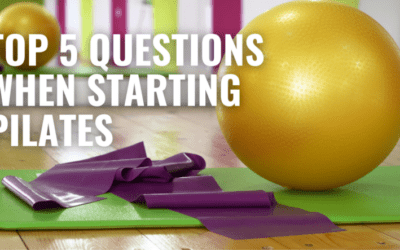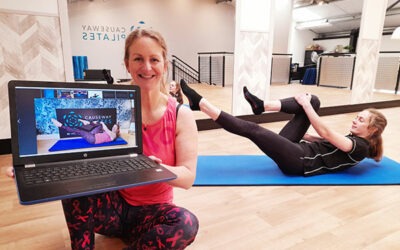Knee osteoarthritis – what is it and what should I do about it?
Osteoarthritis is defined as “degeneration of joint cartilage and the underlying bone, most common from middle age onward”. You may have had an x ray and been told you have “wear and tear”, “no cartilage left”, been reduced to “bone on bone”, have developed “spurs”, or been classified as “mild/moderate/severe arthritis”. Many of these diagnoses may be alarming to hear, especially if you aren’t given any further advice or treatment.
But what does it actually mean?
Cartilage is the smooth, strong tissue which covers the end of our long bones, helping to absorb shock and prevent friction. As we get older (or sometimes not so old), the cartilage between our thigh and shin bones starts to wear down. Our body naturally tries to repair it, but often isn’t as efficient so we start to get “thickening” of bone, or bony prominences/spurs appear.
Arthritis aka “wear and tear” is a normal process of ageing, like getting grey hair! Many middle aged to “mature” people can have some degree of arthritis in their knees and have no pain or restriction whatsoever. However sometimes, especially if our muscles are weak, or we are particularly overweight or inactive, we can start to develop pain and stiffness. We can also get painful osteoarthritis if we have had a previous injury, advancing the onset of osteoarthritis. This can become severe and cause a lot of pain in some cases.
I have knee chronic knee pain – does this mean I have osteoarthritis?
Absolutely not! Most of our over 50’s clients come in with mild knee joint swelling, stiffness and pain (all symptoms you will see with osteoarthritis) but when we get them improving how the hip and knee and ankle work together the pain recedes, the swelling goes away and they build their activity!
So not all knee pain in over 50’s is to do with arthritis. GOOD NEWS!
Free Phone Consultation
If you want to know how physio could help you OR to find out what we could do differently (if you tried physio before) then request a Free 10min Telephone Consultation.
So who DOES have knee osteoarthritis?
Well first of all you should never self diagnose over the internet – get expert advice BUT If you’re over 50 and very noticeable swelling and a fixed restriction of knee movement then it’s more likely your symptoms are related to arthritis.
When to do physio and when to do surgery?
In cases of more severe arthritis most people set the goal of going as long as possible without a knee replacement. This is where physio comes into it’s own – We help you improve your current hip, knee and ankle function which will allow you to do more with less pain and also help prevent further loss of mobility or day to day ability (this is often the trigger for deciding to go for a joint replacement – unacceptable. It’s common for our clients to see significant improvements in how they look after their joint pain they feel they are then coping with a very manageable problem – compared to the alternative of just waiting and seeing how it goes (muscles weaken, joints get stiffer and eventually more painful and restrictive).
So what can I do?
First things first – find out what your knee pain really is. You may have chronic knee pain but it may not be osteoarthritis! Understand your pain and what it means.
Next step – learn what you need to do to help reduce your pain – Our physios deal with knee pain day in day out and give you INDIVIDUALISED rehabilitation programs to meet your needs.
Anything else I can do? Get pain relief and progress… In the short term some simple treatments can help you’re knee joint and muscles feel less painful which makes it easier and more comfortable to get moving again.
Once you’re up and moving then it’s time to progress!! Gradually build on the exercises YOU WILL BE SURPRISED WHAT YOU ARE CAPAPBLE OF!!!!
It’s amazing to see the look on a persons face when we show them the exercises they will be able to perform by the end of their rehab – it’s even better when you see the look of delight 8 weeks later when they nail that same exercise and can’t believe what they are able to do now compared to 2 months prior.
Don’t assume that pain and swelling means you can’t get better. Whether your pain is related to arthritis or not there are always improvements to be made. Improve your function, delay deterioration but don’t just wait and see!
So many people aren’t sure if physio can help so we really recommend coming for a FREE TASTER SESSION so the physio can have a quick look at your knee and chat to you about your symptoms -we’ll know if this is something our experienced physios have helped with. Remember, we’ve seen it before and we can help you learn what to do with it now!



